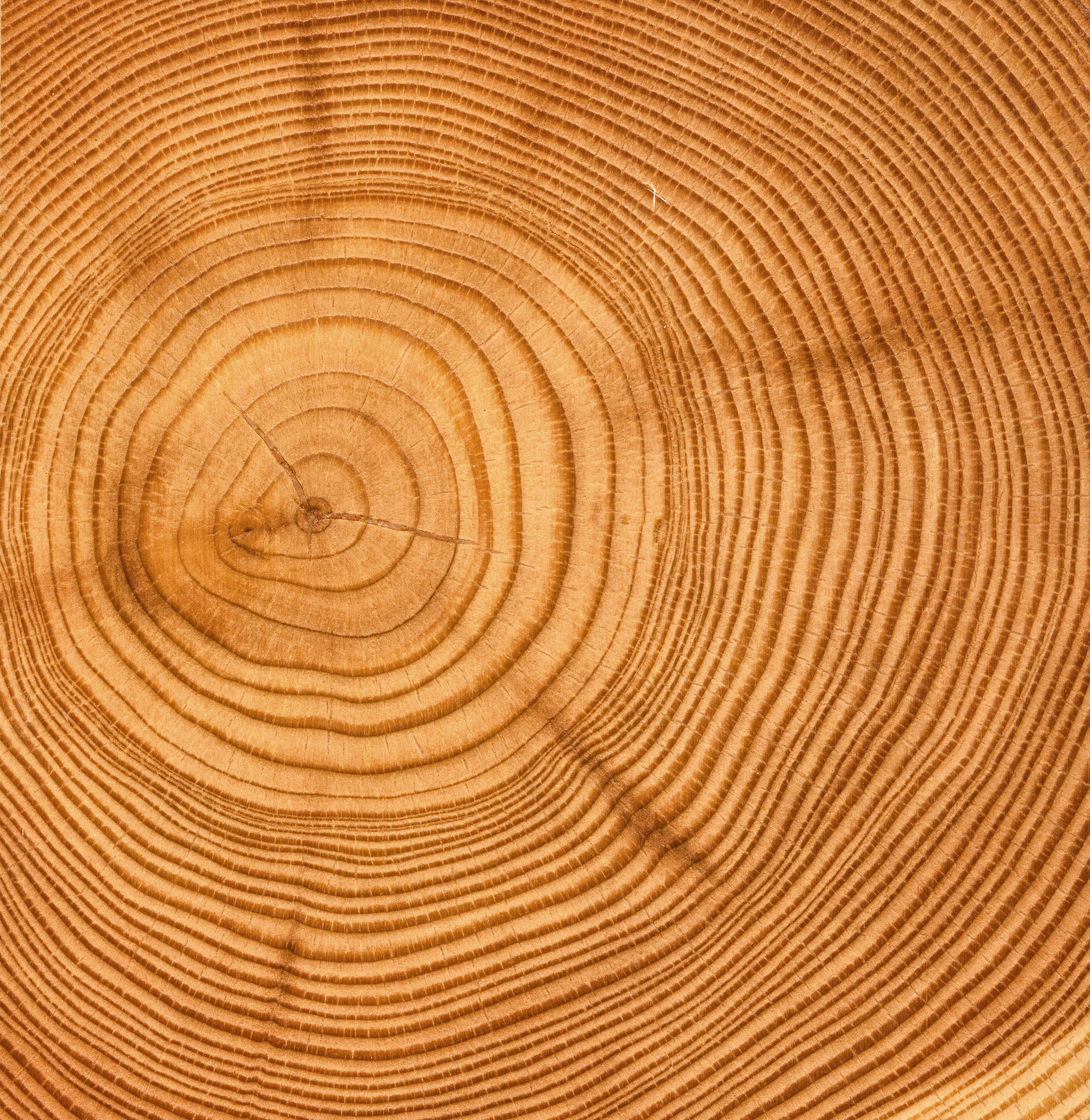Sexual abuse occurs when a person in a position of power (an adult or another child) forces or coerces a child into any sexual activity. It includes both contact and non-contact perpetration.
Childhood sexual abuse is not limited to physical contact and can include things like showing pornography to a child. Some perpetrators use physical force, but many others use less obvious forms of coercion like emotional manipulation, gift giving, threats or blackmail. Sexual abuse affects individuals regardless of gender or sexual identity.
Often, people who have been sexually abused feel guilty for not having told someone. Often people feel shame, believing that they allowed the abuse to happen. Sometimes parts of the grooming or the abuse even feel good, and that can be extremely confusing even though it’s normal. No child chooses to be hurt, and whether you told someone or not, this was not your fault.
No child chooses to be hurt.

Is what I'm feeling normal?
The short answer is yes. People who have survived childhood sexual abuse experience many different physical and emotional reactions ranging from mild to severe. Wherever you fall on that spectrum is normal for you. Each person has an individual experience, and below are some common reactions.
Sleep disturbances and nightmares. Difficulty falling or staying asleep. Repeated nightmares.
Difficulty concentrating and forgetfulness with work-related things or other activities. Difficulty staying focused on what you're doing.
Intrusive memories and flashbacks. Sudden and upsetting memories about the event. Reliving the event or feeling like it's happening right now.
Hypervigilance. Excessive feelings of fear. Constantly scanning for danger.
Volatile emotions. Sudden irritability, crying or anger. Difficulty staying composed.
Disorientation or dissociation. Feeling like you're in a fog or outside of your body. Losing track of time. Being unable to remember significant parts of an event.
Physical symptoms. Chronic physical ailment like headaches, stomach aches or fatigue.
Low self-esteem. Feeling ashamed, powerless, dirty or stupid (which you are not).
Anxiety. Feeling nervous all the time. Panic attacks.
Depression. Burying things inside. Feeling hopeless. Not enjoying things that should be fun and rewarding.
Isolation. Difficulty trusting others. Withdrawing from friends and family.
Relationship difficulties. Difficulty maintaining or entering into friendship, work or romantic relationships.
Sexual problems. Fear of sex, flashbacks or feelings of numbness during sex, frequent anonymous sex that feels like a problem or excessive masturbation.
Addictive behaviors. Excessive use of alcohol, drugs, sex, food, shopping, gambling, work, or exercise to numb or distract from troubling thoughts or memories.
These reactions and more are totally normal. Working with an experienced therapist at CVTC can help to alleviate them.
How can CVTC help?

We know that regardless of the form abuse takes, it can have long-lasting emotional effects. We also know that many survivors of childhood sexual abuse may not remember or may not feel comfortable disclosing what happened until many years after the abuse has stopped. That's okay. CVTC is here to help whether the abuse happened ten days or ten years ago.
Working with an experienced trauma therapist who understands the effects of childhood sexual abuse can help you heal in ways you may not have known were possible. We offer trauma-focused individual therapy, and many people also choose to participate in support groups with other survivors. We also offer a number of additional services, all completely confidential and free of charge. They are available to everyone ages 13 and up.
We know it happens to men and boys, too.

Sexual abuse does not just happen to girls, and CVTC has New York City's only free program dedicated specifically to working with men who have survived abuse. It is estimated that 1 in 6 boys has experienced sexual abuse in the US, and we know how difficult it can be to talk about.
Men are often taught to ignore their pain and "tough it out" in silence. Some fear that talking about the abuse makes them less of a man, or that they might be viewed as weak. Sexual abuse has nothing to do with masculinity or sexuality; it is about the abuser's desire for power and control.
Some men believe:
I don't need to talk about my feelings. Some men think that working with an expert therapist who understands the effects of childhood sexual abuse might make them appear weak, or that they're not supposed to talk about their feelings. The fact is that seeking help and talking about experiences of abuse takes an immense amount of courage. At CVTC, we understand that.
This is my fault–I should have been able to protect myself. No child is responsible for having been sexually abused. Children, regardless of gender, cannot protect themselves against the manipulation perpetrators employ. This was not your fault.
I'm afraid this made me gay. Sexual abuse does not change a person’s sexual identity, and young boys are not targeted by perpetrators because they appear gay or straight. Abuse has nothing to do with sexual identity. Many men experience confusion around intimacy and sexuality. This is a normal reaction to sexual abuse, and CVTC can help.
What if I fear this is happening to my child?

If you suspect your child is being sexually abused, the most important thing you can do is to let the child know that whatever is happening it is not their fault. If a child tells you they are being abused, it means that the child trusts you. Believe them. Know that it takes a lot of courage for a child to disclose abuse.
In New York City, there are special programs called Child Advocacy Centers that offer comprehensive care, including medical, legal and therapeutic services, for children who have been sexually abused.
BROOKLYN CHILD
ADVOCACY CENTER
320 Schermerhorn Street
(718) 330-5400
QUEENS CHILD
ADVOCACY CENTER
112-25 Queens Boulevard
(718) 575-1342
STATEN ISLAND CHILD
ADVOCACY CENTER
130 Stuyvesant Place
(718) 575-1342
Book an appointment

